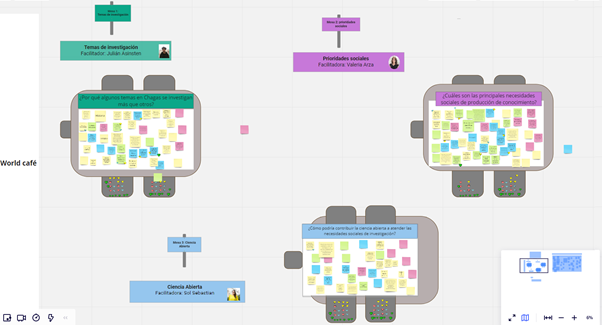Rasheed Sulaiman V presents at the Global Conference on Green Development of Seed Industries
On Friday, 5 November 2021 Rasheed Sulaiman V participated at the session Facilitated Adoption of improved varieties by small-scale farmers which was presented during the Global Conference on Green Development of Seed Industries, organised by the Food and Agriculture Organisation of the United Nations (FAO) and referred to STRING’s work on pathways. In particular Dr Sulaiman V discussed the need to support both pathways that are analysed in the STRINGS’s case study if we are keen to enhance use of better seeds by farmers.
See the session programme for more information.

